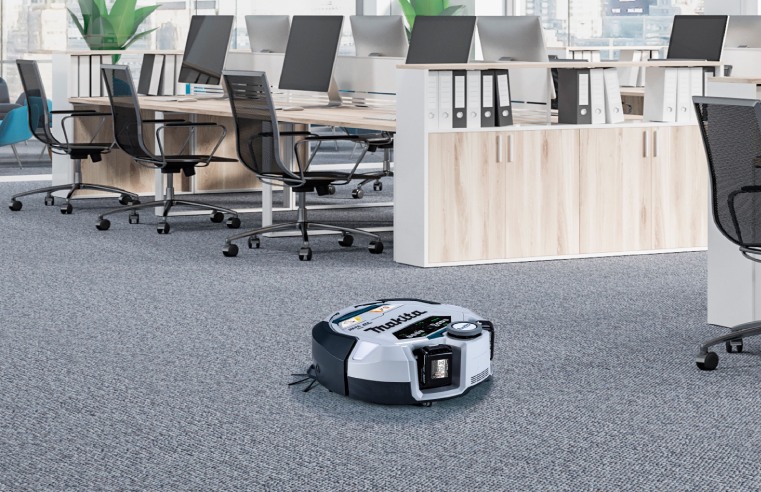Advanced Workplace Associates (AWA), Global Workplace Analytics and Haworth Inc, have released a new global report that examines the drivers and perceived benefits of alternative workplace programmes.
The study, entitled ‘The Once Alternative Workplace Strategies’ was supported by the IFMA Workplace Evolutionaries and surveyed 130 organisations representing over 2.3 million employees globally. The research unearths five key trends within today’s workplaces and compares the findings to the initial research from more than a decade ago.
These trends include:
1. Only 7% of the respondents believe that implementing alternative workplace programmes can negatively impact productivity
Managers often worry that alternative workplace programmes will lower employee productivity. In most cases, the opposite is true.
2. People impacts are now the primary measure of success
The potential for cost savings might kick-start the programme, but along the way leaders begin to see how making work better for people can deliver far more than they thought.
3. Internal mobility has more than doubled
With the rising use of technology and ‘smart working’, an increasing number of employees are roaming offices freely, making the most of flexible environments and resources. Internal mobility has more than doubled in the past 10 years, while external mobility has remained the same.
4. Assigned seats die hard
The percentage of full-time office-based employees who are permanently assigned to one particular space (48 per cent) has remained virtually unchanged since 2008.
5. Employee involvement is decreasing
As alternative workplace programmes increase in size and maturity, the report shows employee involvement in the planning, implementation and evaluation has significantly decreased. This runs contrary to what the researchers have found works best: the more people involved in the process, the more likely they are to accept and own it.
‘Alternative workplace’ programmes or practices can be defined as ‘the combination of non-traditional work practices, settings and locations that supplement or replace traditional offices’. While some may argue that these styles are no longer ‘alternative’ and are becoming increasingly more common, the 10-year study honoured the original phrasing to best ensure continuity.
Chris Hood, Lead Researcher and Director at Advanced Workplace Associates said: “Unfortunately, the results of this global study demonstrate that a high percentage of companies still see this as a real estate initiative and not the opportunity to reinvent their businesses in deeper and more transformational ways. Workplace innovation is a litmus test for management quality and leadership. This isn’t about real estate, it’s actually about people and business outcomes.”
Dr. Gabor Nagy, Research Programme Manager at Haworth explained: “There is tremendous value in longitudinal studies, as they truly capture long-term trends. We started this study back in 2008, in the middle of the recession when cost savings were perceived as the top benefit of these programmes. Now, work/life balance has become the number one benefit. Only time will tell whether we will see a reversal of this trend when the next recession comes.”
Kate Lister, President of Global Workplace Analytics concluded: “It’s great to see the trend toward more human-centric measures of success. I believe this is an indication that organisations are taking a less-siloed and more holistic approach to workplace change. They are realising that workplaces and work practices that work for people are good for the bottom line.”
To download the free report, please visit https://www.advanced-workplace.com/alternative-workplace-strategies-report-2018/.




































